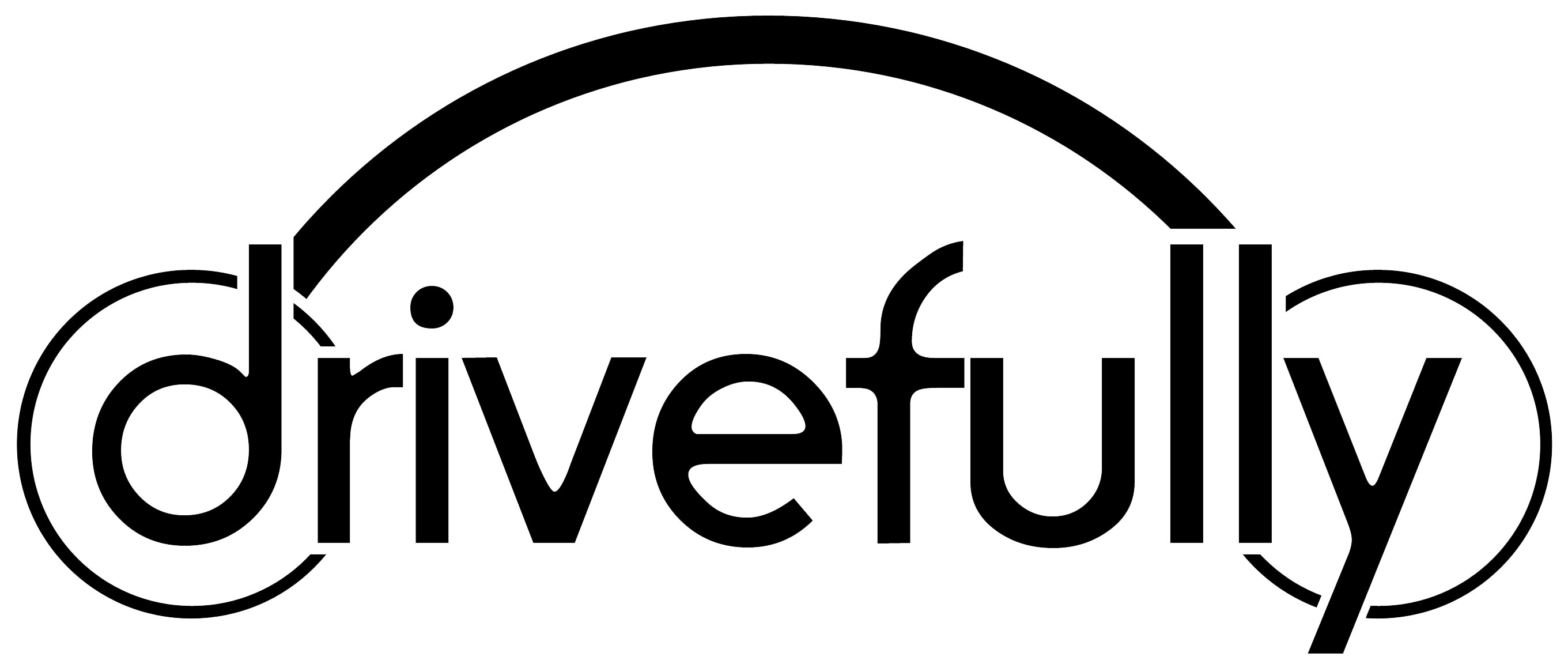
09 Jun 4 ways to build self-compassion and have a happier drive
If you’re struggling with driving it’s quite normal to give yourself a hard time over it. Everyone does it and in all sorts of situations, not just driving. We can be our worst critic and can actually be quite unforgiving at times.
Learning to be more compassionate to ourselves helps in a couple of ways. Firstly, we have a more enjoyable and happier driving experience, and secondly, we can overcome challenges with greater ease.
When we get frustrated or upset about how we’re driving, and really give ourselves an ear full, we can get stuck in this idea that we can’t do it, we’re useless, or just too afraid. We build up a picture of driving and what it “means” to us and get quite attached to the story we’re telling ourselves. Self-compassion helps us rise above this story, as if poking our head above the trees to find our bearings.
Here are 4 things you can start doing to build self-compassion, let go of any negative stories you might be telling yourself and have a happier drive:
🙂 Smile more
Smiling makes us feel better! Not a fake or forced smile, but a genuine smile. One that springs from happy or contented thoughts. Maybe a memory from your childhood, wedding day, birth of your child or something else would help. Before you start the engine and set off, try taking a moment to picture your happy, contented memory, feel the memory in your body and heart, notice the gentle smile on your face and then take that smile with you as you drive.
🎁 Make it about someone else
Strangely enough, a really good way to build self-compassion is to be compassionate to other people. When we’re kind to others we get that warm fuzzy feeling inside, a feeling that we’ve done something nice for someone else. So, if we make the intention of our drive to help other road users go about their day with ease and less stress, then we too can benefit from the feeling and knowledge that we’ve done something nice for somebody.
✔️ Highlight the positives
We, as a species, are negatively biased. It’s a primitive, lizard brain response to help us remember dangerous situations more easily so that we can avoid them in the future. However, this can mean that we sometimes need to try a little to remind ourselves that it’s not all bad. In fact, If you’ve had a stressful situation on the road, I would wager you could probably find several good points about it too. It might be hard at first, but with practice we can get used to this sunnier outlook!
💬 “Watch your language!”
The words we use can often come heaped with connotation and hidden meanings. Telling ourselves that we’re “silly” for having a particular challenge with driving can actually go quite deep and be significantly limiting. But such a throwaway comment like this slips into our daily vocab covertly, and we often don’t even realise we’re using it. Try to notice what words you use to describe your driving or yourself. Don’t fight or berate yourself for using negative terms, just acknowledge them and then find a positive alternative to tell yourself as well. See how it feels to talk positively about yourself and how that changes your driving.
You don’t need to do all 4 of these, in fact you don’t “need” to do any, but if you would like to try them remember to do so with gentleness and kindness towards yourself. Try not to think of it as a task you’re trying to do “right”, but rather as an opportunity to play with some ideas and see how they make you feel.
If you’d like help feeling more confident when you drive then follow the links below for more info:
The Mindful Driver Community (Facebook Group)


Sorry, the comment form is closed at this time.